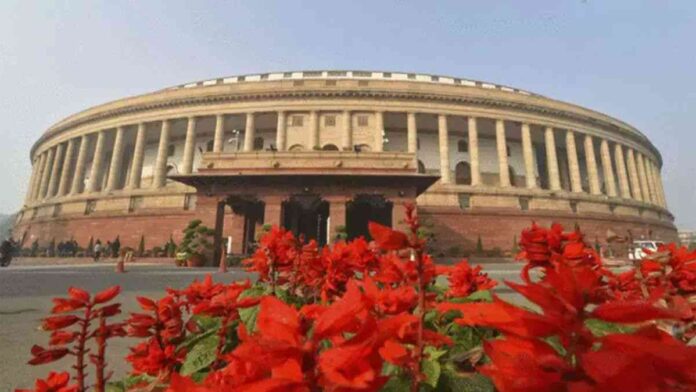The disqualification of Rahul Gandhi from LokSabha has drawn attention to an Act that has been used to expel 42 members of Parliament since 1988, including 19 in the 14th Lok Sabha for the cash-for-query scandal and cross-voting.
These MPs have been expelled for changing political parties, misconduct, and convictions for offenses that carry a two-year prison sentence.
After their conviction by courts with jail terms of over two years, Gandhi, Nationalist Congress Party leader Mohammad Faizal PP, and Bahujan Samaj Party leader Afzal Ansari were disqualified again under the Representation of the People Act.
The Act disqualifies MPs and state lawmakers guilty of a crime and sentenced to two years or more. After the Kerala high court stayed his conviction and sentencing in an attempt to murder case, Lakshadweep Lok Sabha member Faizal was reinstated.
Gandhi has petitioned the Gujarat high court for redress in the ‘Modi surname’ criminal defamation case, in which a Surat court sentenced him to two years in prison.
The first Lok Sabha member disqualified following the 1985 anti-defection law was Congress member Lalduhoma, who filed his candidacy papers for the Mizoram assembly elections as a candidate of his own party, the Mizo National Union.
The anti-defection statute disqualified nine Lok Sabha members in the ninth Lok Sabha, when VP Singh established a coalition government.
However, the 14th Lok Sabha saw the most members expelled: 10 for unbecoming conduct for accepting bribes to raise questions in Parliament and nine for cross-voting during the UPA-I government’s July 2008 Vote of Confidence after the Left front withdrew support over the US civil nuclear deal.
The ‘pay for question’ fraud resulted in the expulsion of six BJP, two BSP, and one Congress and RJD LokSabha members in 2005. One BSP Rajya Sabha member was expelled.
Supreme Court upheld expulsions. Devendra Singh Aswal, former Lok Sabha assistant secretary, told PTI that the legislature can approve expulsions. The anti-defection statute disqualified four MPs from the 10th Lok Sabha under coalition Prime Minister P V Narasimha Rao.
The anti-defection statute disqualified Mufti Mohammad Sayeed (1989), Satyapal Malik (1989), Sharad Yadav (2017), and Ali Anwar (2017) from the Rajya Sabha. Jharkhand Mukti Morcha leader Shibu Soren and Samajwadi Party member Jaya Bachchan were banned from the Rajya Sabha in 2001 and 2006 for holding profit-making offices.
Bachchan chaired the Uttar Pradesh Film Development Council while Soren chaired the Jharkhand Area Autonomous Council. Since Sonia Gandhi resigned from the Lok Sabha, a disqualification case against her for serving as Chairperson of the National Advisory Council failed.
Aswal, a Bar Council of India member, said the Parliament (Prevention of Disqualification) Act, 1959, was retroactively revised in 2006 to minimize political turmoil. In the Lily Thomas case, the Supreme Court ruled that any elected representative convicted of a two-year sentence or longer shall be disqualified.
“The Lok Sabha Secretariat only has to notify the vacancy by issuing a notification so that the Election Commission can start the process for a bypoll,” Aswal added.
Due to his corruption conviction, Congress Rajya Sabha member Rasheed Masood was disqualified. Lalu Prasad and Jagdish Sharma were disqualified from the Lok Sabha after their fodder scam convict.




